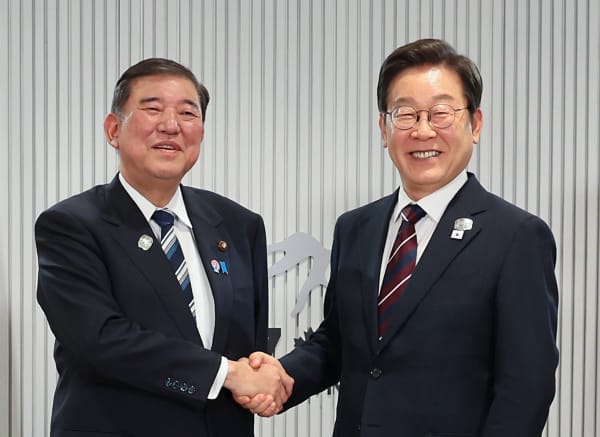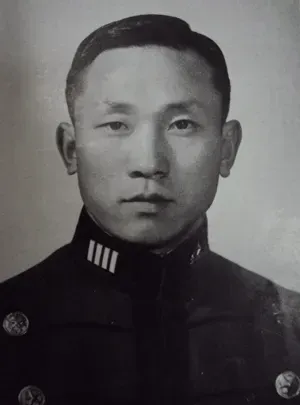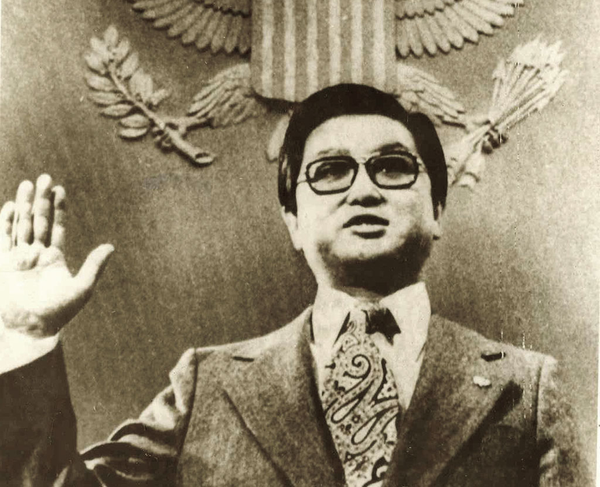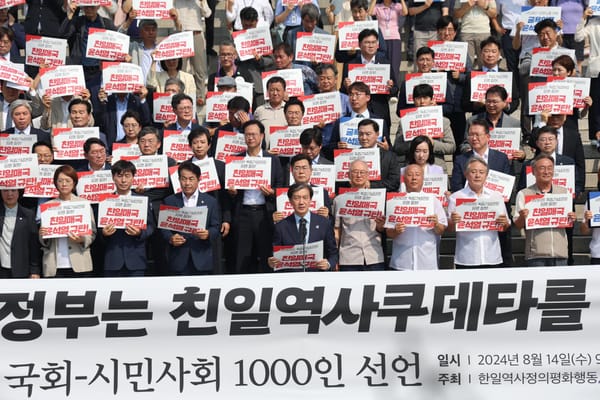Photo: South Korean President Roh Tae-woo (center) signs the declaration to accept the duties as a United Nations member. Credit: National Assembly Archive.
In their constitutions, both the Republic of Korea and the Democratic People’s Republic of Korea claim to be the sole legitimate government of the Korean Peninsula. For decades since the division, the two Koreas maintained a policy similar to China and Taiwan - exclusive claim to the name “Korea”, to the point that one Korea would refuse to establish formal diplomatic relations with a country that already had diplomatic relations with the other Korea.
For the same reason, neither of the two Koreas could join the United Nations. South Korea first applied to join the United Nations in 1949, but was vetoed by the Soviet Union. Similarly, North Korea attempted and failed to join in the 1970s.
The softening of the Cold War was the turning point. In the late 1980s and early 1990s, South Korea began to enter into formal diplomatic relations with a number of communist bloc countries - Hungary in 1989, Soviet Union in 1990, and People’s Republic of China in 1992. With better relations with South Korea, the Soviet Union and China persuaded North Korea to join the United Nations jointly.
On September 17, 1991, following the alphabetical order of their formal names, the DPRK became the 160th member of the United Nations, the ROK the 161st. To be sure, the formal principle of sole legitimacy continues to survive in both Koreas - which is why, for example, North Koreans automatically receive South Korean citizenship upon defection rather than undergo the refugee process. But the separate UN membership was a milestone event in inter-Korean relations, providing the legal basis for peaceful co-existence of the two Koreas.








